CURRENCY
BUSINESS OPPORTUNITIES IN PHILIPPINESS
PHILIPPINESS
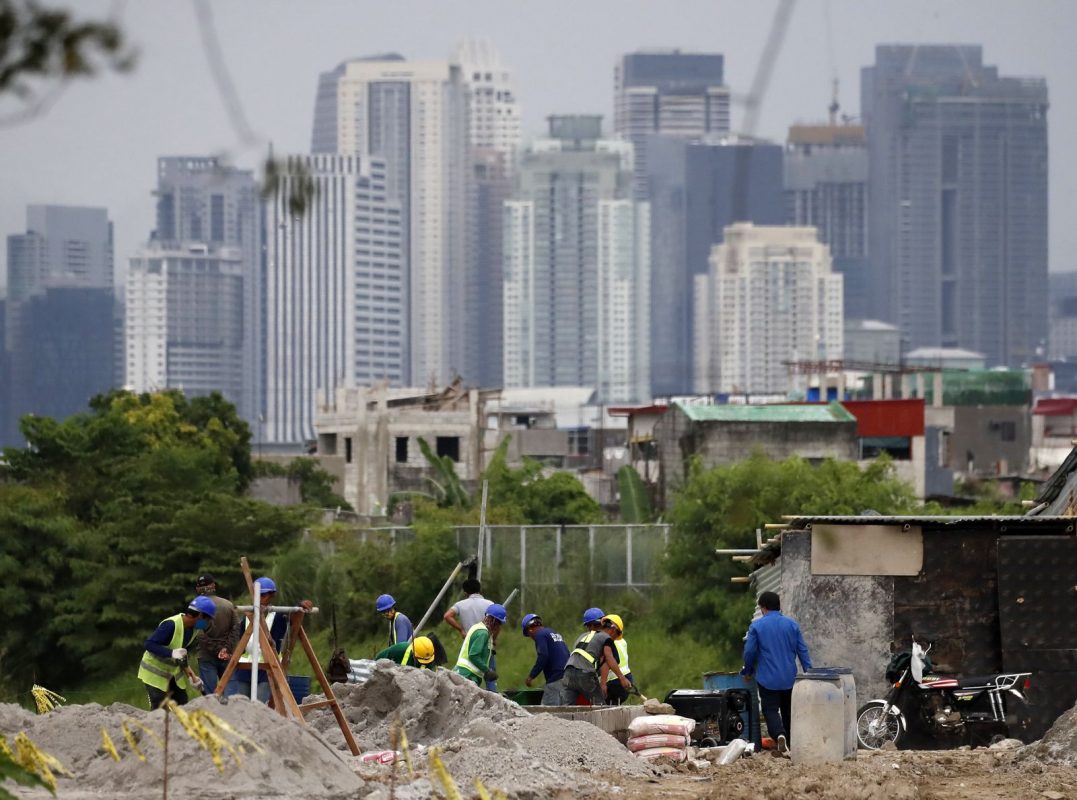


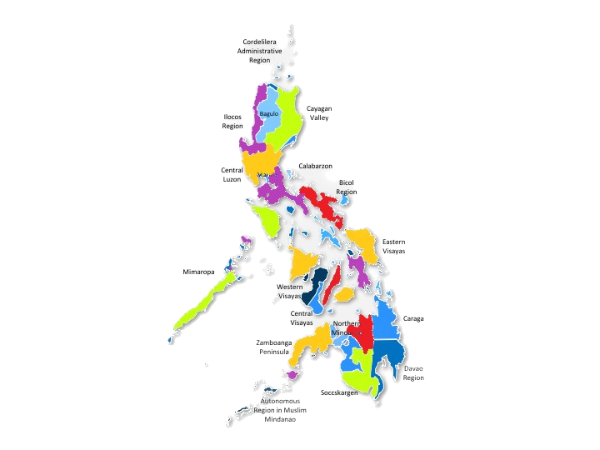
FLAG
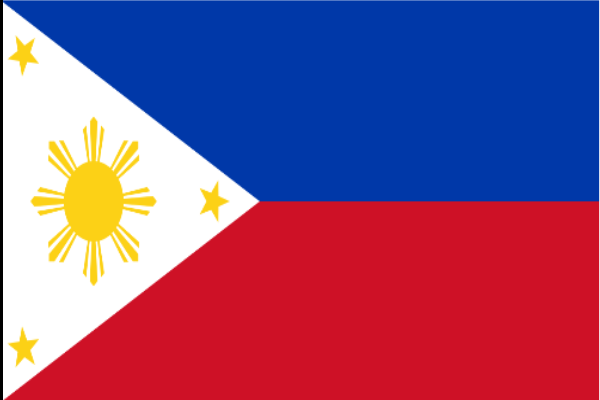
PHILIPPINESS
CAPITAL CITY
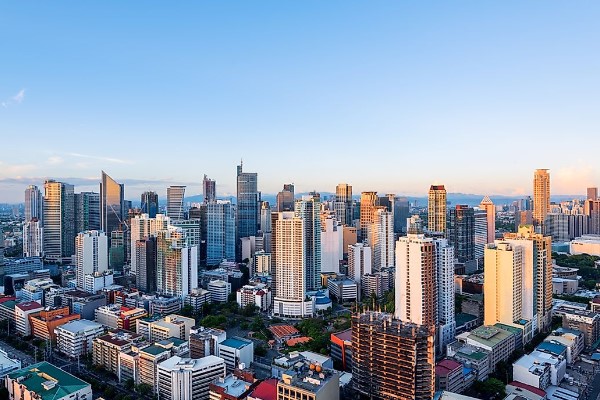
MANILA
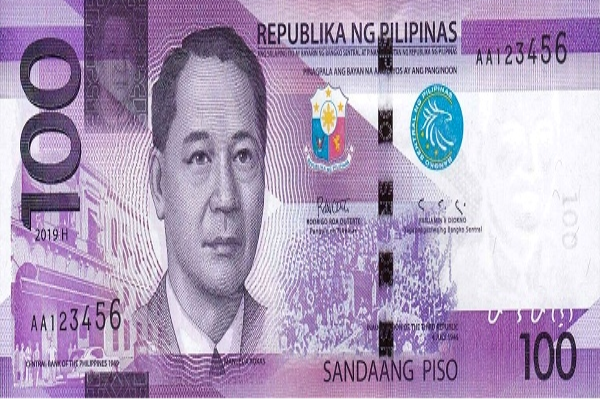
PHILIPPINE PESO
Language

Population

11.11 CRORES
Country
Calling Code
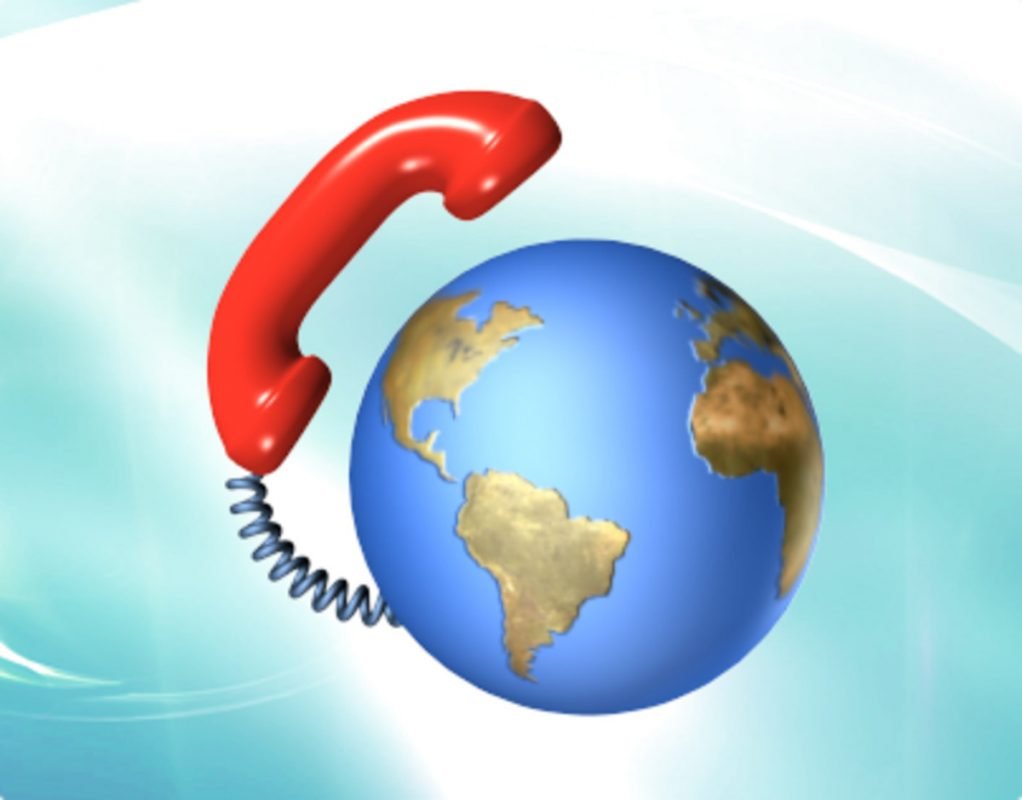
+63
LOCATION:
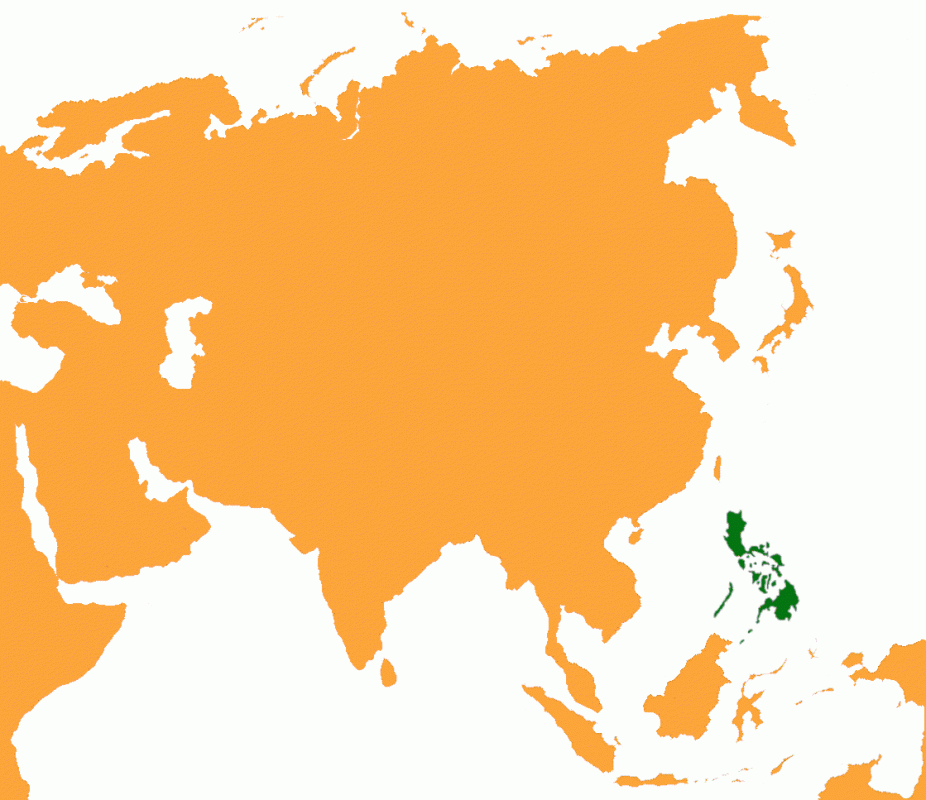
ASIA
BORDER COUNTRIES:
TAIWAN
JAPAN
PALAU
INDONESIA
MALAYSIA
BRUNEI
VIETNAM
THE  MONEY SHOW SEASON 2.0
MONEY SHOW SEASON 2.0
Mining and Infrastructure Business in Algeria
Facebook live 7.00 Pm Today.
Join Millionaire Program and change everything in life and Business..
Call/ WhatsApp +91- 8094607111.
GDP= $402.64 billion
GDP Growth= 6.7%
Ease of doing business rank= 95
GDP per Capita= $3,000
MOST RECENT VIDEOS
SIGN UP TODAY
Get our exclusive content and offers in your inbox










